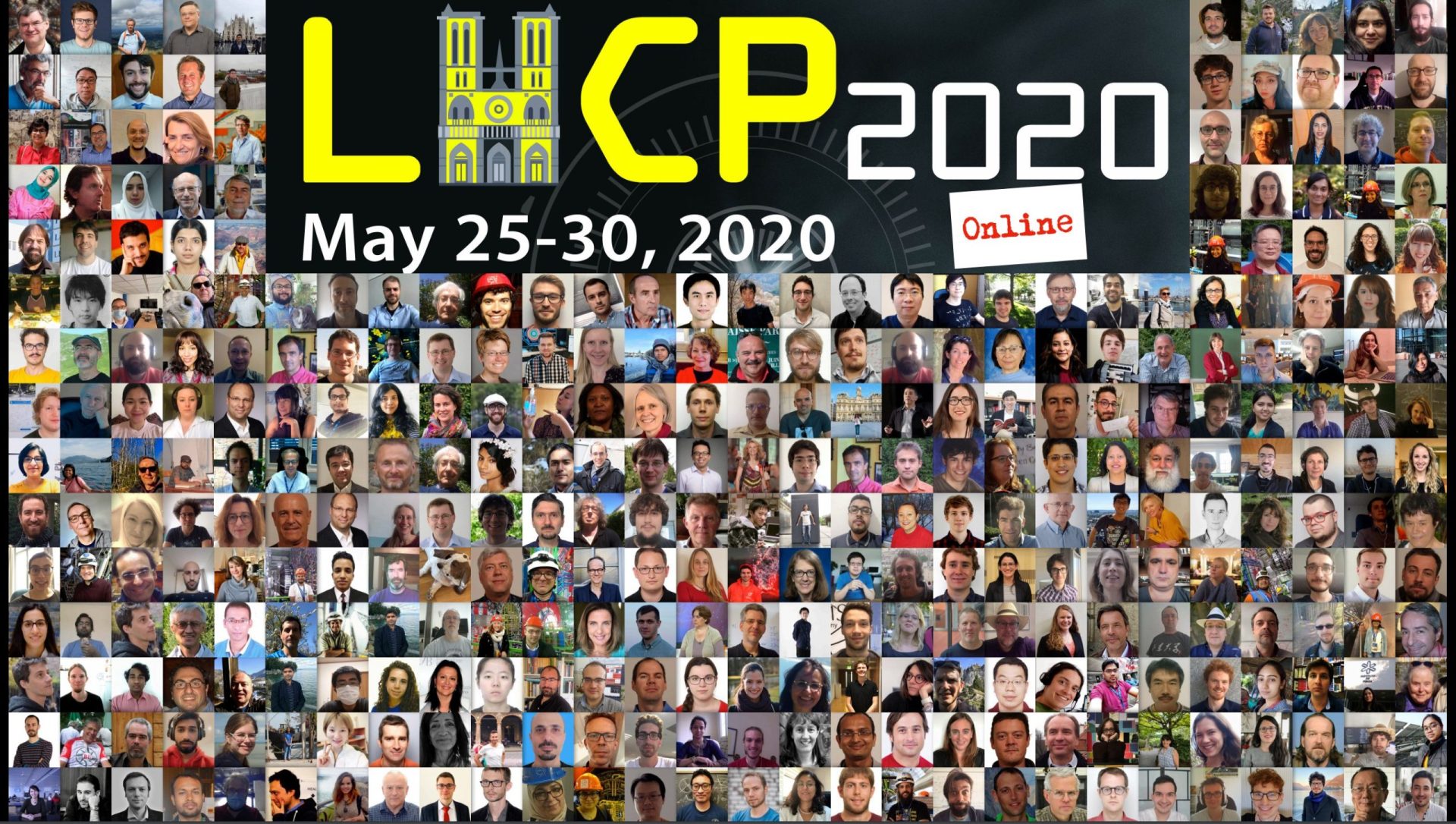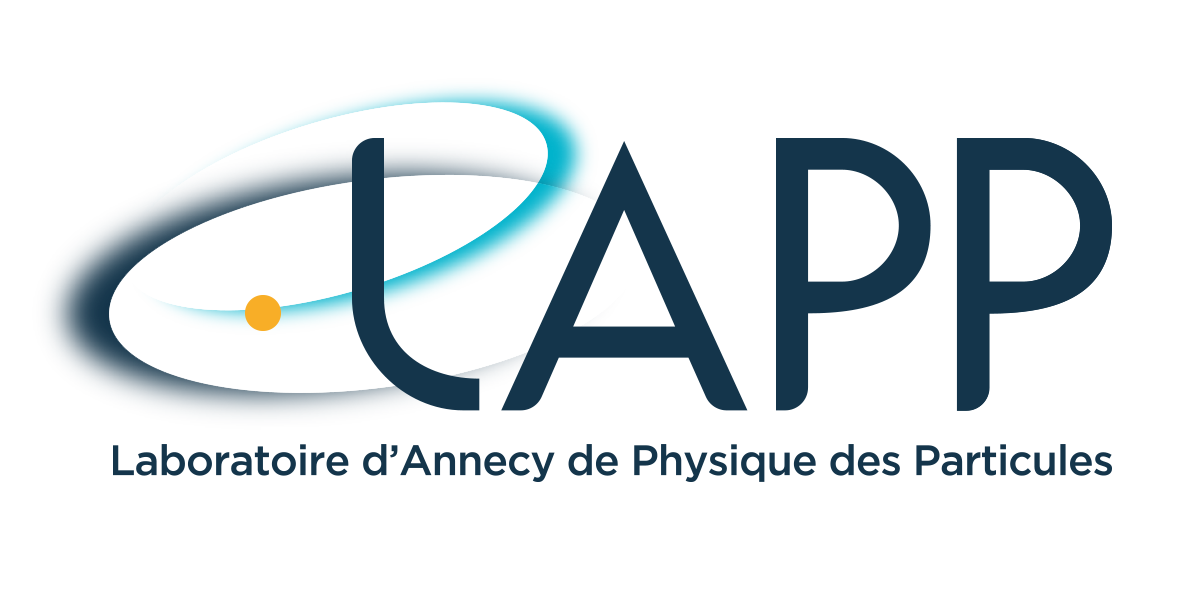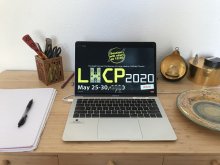LHCP 2020, a new kind of conference
It is again that time of the year, only this year it is very different. Every year, starting around end of March and proceeding until mid-August, a series of important High Energy Physics gathering take places: conferences!
Moriond, LHCP, ICHEP, they all pace our research work and set deadlines to finalize our searches and measurements, and publish our results. Then we pack our academic bags and travel around the world to the designated venues, meet in person with colleagues we often only see on Skype or Vidyo, and spend days to present, ask questions, argue on techniques and systematic uncertainties, drink too much bad coffee in large corridors while chatting, explore new cities, plan for the future, imagine new researches, and sometimes new jobs and new lives.
Well, we usually do all these things when we are allowed to travel, and 2020 proved to be very different in this respect. With the global COVID-19 pandemic and many countries in the world in lockdown, physicists around the world had to decide what to do with Conferences. At the beginning of the pandemic, where it was not very clear how long the lockdown would have lasted, and what restrictions would have been placed on travel and gatherings, some organizers simply decided to play it safe and cancel the Conferences. Les Rencontres de Moriond in La Thuile, Italy, usually the first important conference of the year where to see new results, were simply canceled. The same has very recently happened to Higgs Hunting in Paris, France, that has been postponed to July 2021.
Other organizers have instead decided to live up to the challenge and try to organize completely virtual conferences. The most recent example is LHCP 2020, that should have taken place in Paris at the end of May, and instead it all took place… on Zoom!
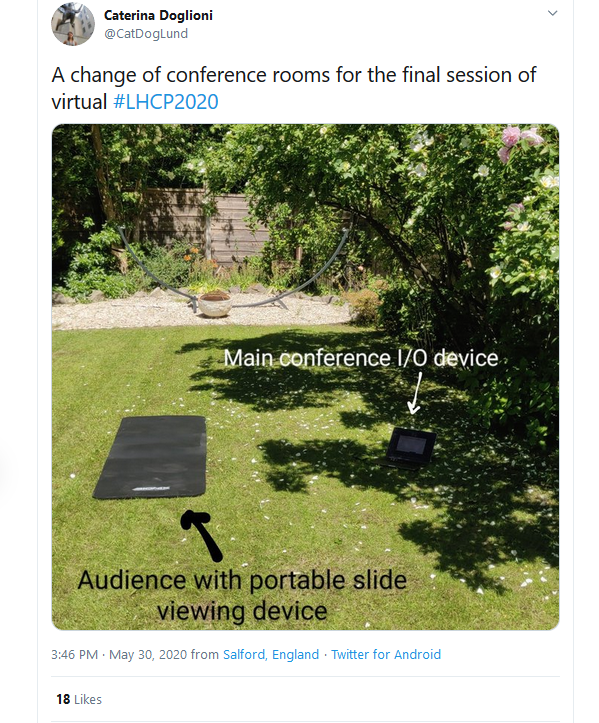
The conference fees were canceled, and registration was opened to anybody wishing to attend. All plenary and parallel sessions happened in videoconference, with virtual space to discuss replacing the chat in corridors and lunchrooms. Speakers were asked to create their own virtual discussion room, where they could be joined as scheduled times after their talk, to be able to ask them those detailed questions that usually don’t find space in the Q&A plenary sessions, and for which breaks and informal discussions at conferences are crucial.
ATLAS presented several new results at LHCP 2020, which summary can be found on the collaboration web site (http://atlas.cern//updates/atlas-ne…).
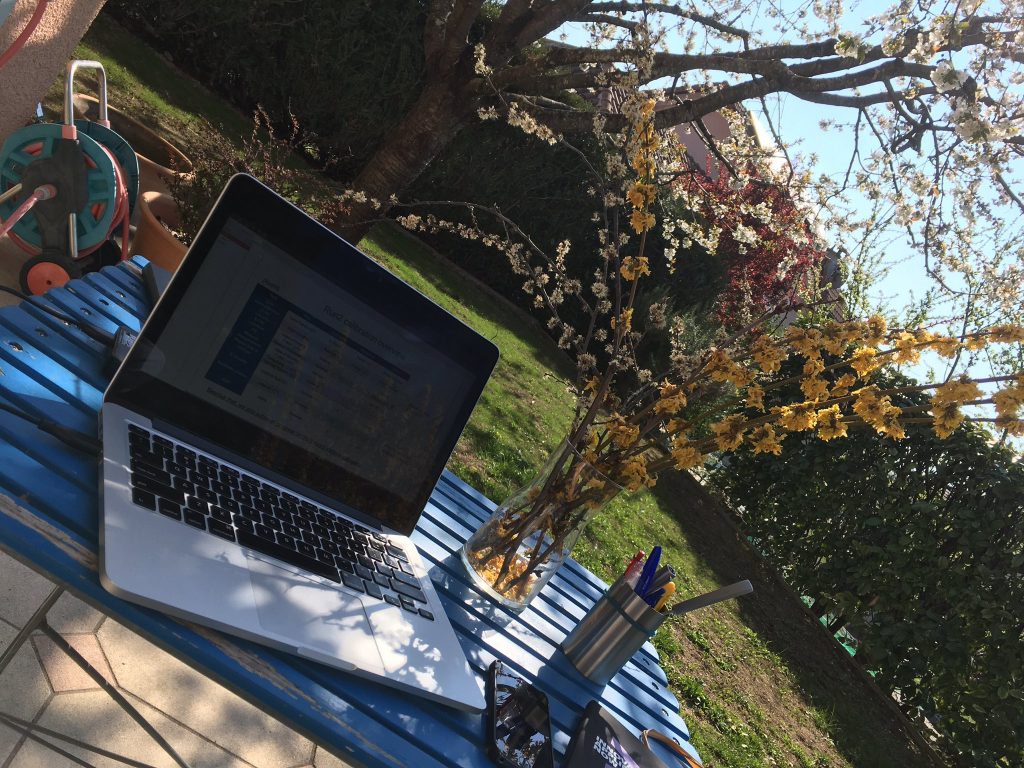
There are many ways to contribute to a conference, other than attending: from their living room, balcony, garden, several members of that ATLAS LAPP group contributed to the internal review and approval of these results, particularly to those related to measurements in the Higgs sector.
One physicists of group, Lucia Di Ciaccio, chaired a virtual plenary session on electroweak physics.
So, did this this first experiment of a virtual high-energy-physics conference work? The format was certainly very much appreciated: the amount of registration to LHCP2020 was about twice as large as the number of participants expected in person in Paris. Colleagues with limited travel funding, or family or academic commitments impeding to move for a full week, appreciated the possibility to follow at least selected talks and discussion. This latter aspect also proved to be important for many: sometimes it is difficult to set aside a full week to attend a conference, but almost everybody is likely to find time for a couple of sessions to attend remotely.
On the other hand, many have lamented the lack of networking in a virtual conference. We live in a time of fast internet, efficient preprint servers, and routine seminars broadcasted on the web: conferences are not strictly needed anymore to disseminate our results, and, in this sense, they are a heritage from the past. But networking, the ancient art to establish informal contacts with colleagues, invent and plan new collaborations, exchange and nurture ideas that live dormant in our brains until we try to tell them to friends in front a glass of wine in a remote city, is lost with a virtual conference.
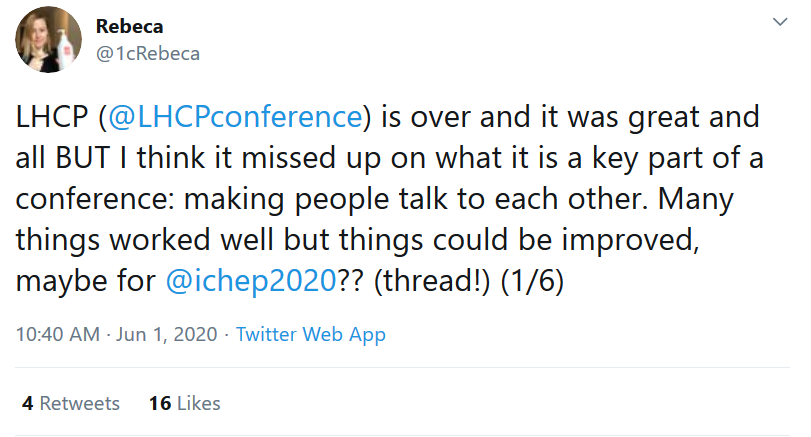
Will the 2020 pandemic change our way of organizing conferences, and the exchange of scientific results? Many advocate for a mixed model: we still need to meet in person, but increasing the capability of joining remotely will greatly help those that cannot travel, or don’t have the money to do so. In the meanwhile, we build from the LHCP2020 experience: the next virtual gathering will be ICHEP 2020, that should have happened in Prague at the end of July, and will instead only happen on our screen, in our houses.
